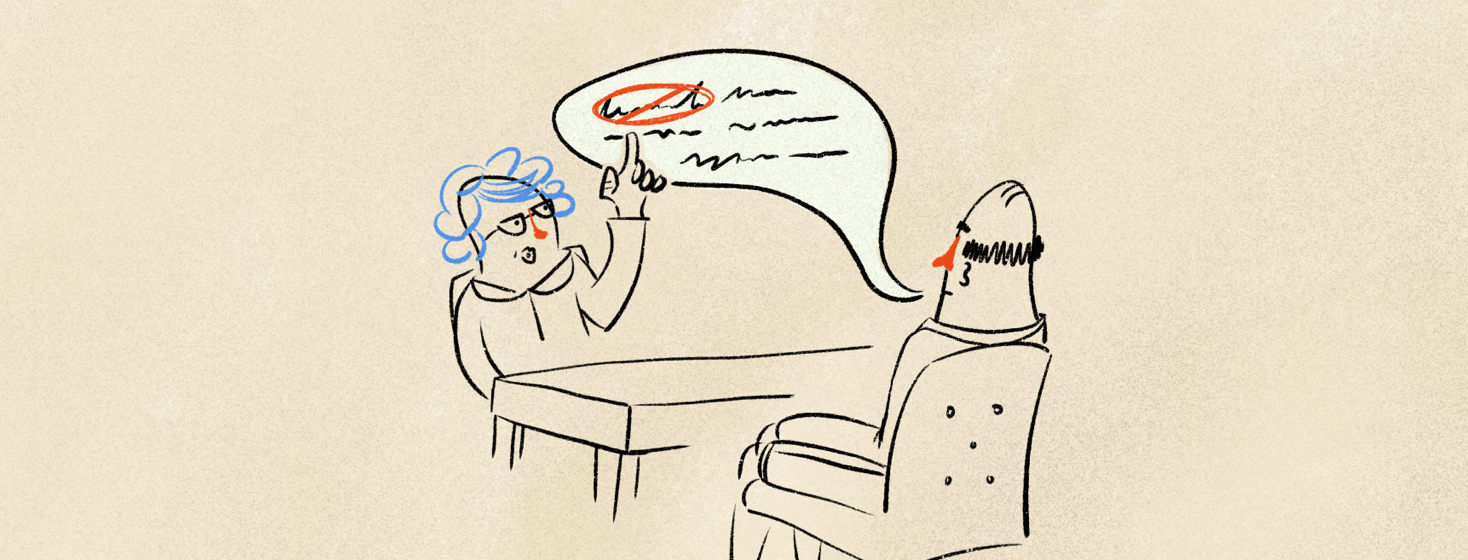The Way We Talk About Lung Cancer Must Change
This last year and a half (or so) the world has been embraced the concept cancer patients call the ‘New Normal’. In a short period of time the world changed in ways they had no say in or power over. This is the day in day out experience of a cancer patient and has been for as long as I have known.
The new normal must go
The phrase ‘The New Normal’ was old and worn out before that virus became part of our world. The life of a lung cancer patient is ever-changing. Disease progression, side effects, organ damage caused by (some) treatment, and new conditions that arise out of long-term treatments are some of the physical changes that occur. The ‘Normal’ keeps changing.
There is an emotional toll that cancer takes as well. It affects every aspect of the patient's psychosocial being as well. Lung cancer changes how we define our roles in our family, our work, and our friendships.
Nothing will ever be as it was, that old normal is gone. Cancer is a bell that can’t be unrung. The mutable, transitional life that arises from a diagnosis does not mean that we can’t grow. As we recover some of our original strength, as we take back bits of control over our lives we are changing our relationship to the cancer. We leave behind that which we called our new normal. I propose that we call our transition into better health or hospice as ‘The Next Normal’. It’s a phrase that better describes the ever-changing nature of our lives.
Moving on into our next normal
As we settle into each phase of our next normals our oncologists follow us with testing that ranges every two to twelve months. The phrase they use is ‘Watching and Waiting’. We are ‘Watching and Waiting’ to see if the lung cancer has started to progress.
This is another phrase that I find wholly inappropriate to describe my state of being and that of most survivors I know. It implies that we are doing nothing, that we are being passive participants in our lives with lung cancer.
Nothing could be farther from the truth. The survivors I know are doing everything they can to improve their outcomes. They’re exercising and they’re eating balanced diets. They’re pursuing activities and new hobbies they always wanted to try. Lung cancer survivors are taking those bucket list trips and adding new experiences to that list.
Nothing about lung cancer is passive
Patients are important, active members of their care teams. We educate ourselves about our diseases and our options. Patients are driving research in ways unprecedented in medical history. Patients are raising research funds and influencing the direction of that research looking into new generations of targeted therapies. We’re forming partnerships with nonprofits, researchers, clinicians, medical schools, and corporations to further research. Patients are taking on the stigma that surrounds lung cancer and changing the perception of the who and why lung cancer occurs.
None of this is passive. We are actively pursuing the next treatment. We are actively changing the face of lung cancer and treatment paradigms. We are not passively waiting for the next step in our cancer experience. We are actively participating in the actions that will overcome it.
In another cancer, the description for this period is called 'Active Surveillance.' It’s a term that better describes who we are and what we are about.
Going forward I insist my doctor refers to my participation as active surveillance. Each day and each change is now the next normal. Using these two phrases has changed the way I perceive my lung cancer. I hope you will use them, and change perspectives around you, too.

Join the conversation